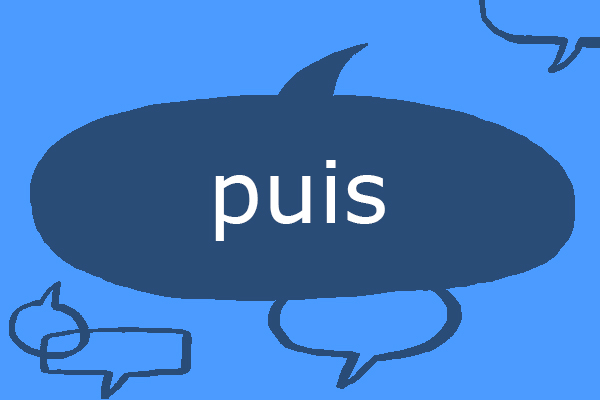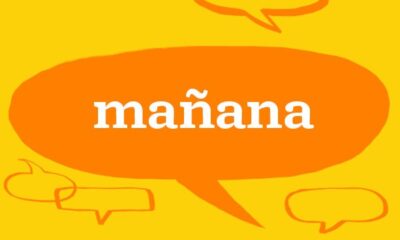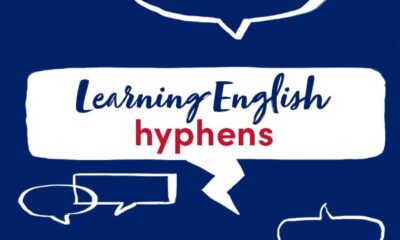Our weekly blog explores French words to help expand your vocabulary and deepen your understanding. But we like to look at words which can sometimes cause a little bit of trouble for French learners… This week’s word is puis.
Listen to the audio clip below for its pronunciation:
function playAudio(url) { new Audio(url).play(); }We’ll look at two uses of puis – as an adverb and as a conjugated verb. If you need a little refresher on adverbs and verbs, visit our Easy Learning French Grammar page on adverbs which don’t end in -ment and our section on verbs. Don’t worry about getting too caught up in the grammar for now, the word has a very simple translation in both of its grammatical functions.
As an adverb, puis translates as then or next. We’ll look at some examples of this first:
Je croyais que ses frères avaient l’air triste, puis ils ont commencé à pleurer. I thought that his brothers looked sad, then they started crying.
Tu mangeras l’entrée, puis le plat principal. You will eat the starter, then the main course.
D’abord… puis… First… next/then…
D’abord il faut faire bouiller les pâtes, puis ajouter les tomates. First boil the pasta, next add the tomatoes.
Et puis après ? And then what?; And then what happened?
et puis… and what’s more; moreover; also
Now we’ll look at puis as a verb form. It’s important to understand that this spelling is simply a conjugated form of the verb pouvoir, meaning to be able to. For more about this verb, we recommend taking a look at its verb table and our Word of the Week blog on pouvoir.
As puis is only one of many conjugated forms of the verb pouvoir, you won’t see it all the time. It is in fact one of two forms you might use for the first-person singular ‘je’ in the present indicative tense. The other, much more commonly used, form is peux.
The difference is that puis is a more formal variant, plus it’s often used in inversion – in other words, a question format that reverses word order. It’s similar to the English formality of using may versus can when asking permission for something:
- Je peux… I can…
- Est-ce que je peux m’asseoir ? Can I sit down?
- Je puis… I may…
- Puis-je m’asseoir ? May I sit down?
With this in mind, let’s look at some common examples of how it would work in a sentence or phrase. Remember, as it’s very formal, you may rarely use or come across this in everyday French:
Enchanté. Puis-je vous introduire à mon mari ? Pleased to meet you. May I introduce you to my husband?
Si je puis me permettre… If I may…
En quoi puis-je vous aider, Madame ? How may I help you, Madam?
That’s all for this week, but that was quite a feat. First you learned a new French word, then you got to grips with its two different meanings. See you next time!
Written by Holly Tarbet, freelance copywriter and editor.
All opinions expressed on this blog are those of the individual writers, and do not necessarily reflect the opinions or policies of Collins, or its parent company, HarperCollins.



